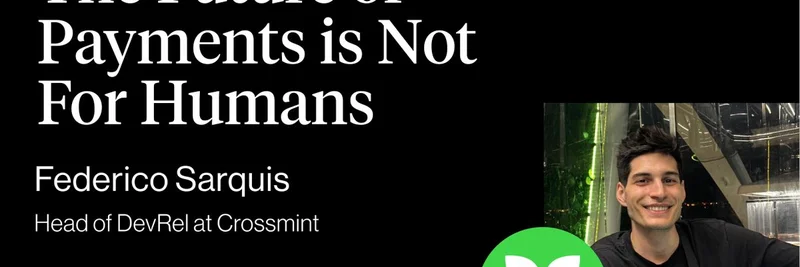In a recent tweet that's sparking conversations across the crypto space, Solana Legend, co-founder of Frictionless Capital and MonkeDAO, highlighted a profound shift in society. He pointed out the all-time low trust in social institutions like the media, the ongoing balkanization of society accelerated by the internet, and how crypto is enabling the financialization of these emerging sub-groups. This perspective resonates deeply in the world of meme tokens, where communities form around shared ideas, memes, and values, turning them into investable assets on blockchains like Solana.
Let's break this down step by step. First, what does "balkanization" mean in this context? Originally referring to the fragmentation of the Balkan region into smaller, often conflicting states, it's now used metaphorically to describe society's division into smaller, polarized groups. Think of it as people retreating into echo chambers based on politics, culture, or interests, amplified by social media algorithms that feed us more of what we already like.
The internet has supercharged this process. Platforms like X (formerly Twitter) allow niche communities to thrive, but they also deepen divides. As trust in mainstream media erodes—due to perceived biases, fake news, or sensationalism—people turn to these sub-groups for information and belonging.
Enter crypto, particularly meme tokens. These aren't just digital currencies; they're a way to financialize these sub-groups. Financialization means turning something non-financial into a tradable asset. In crypto, a meme token can represent a community, idea, or even a joke, allowing members to invest in and profit from its growth. For example, tokens like those associated with MonkeDAO on Solana embody primate-themed communities, where holders share in the upside as the group gains traction.
Solana Legend's tweet underscores how this trend is unfolding. On Solana, known for its high-speed, low-cost transactions, meme tokens explode in popularity because they enable quick, accessible financial participation. Projects like Pump.fun make launching a meme token as easy as posting a tweet, democratizing financialization. This ties back to decentralization: by bypassing traditional institutions, crypto empowers these sub-groups to create their own economies.
But is this a good thing? On one hand, it fosters innovation and community-driven value. Meme tokens have onboarded millions to blockchain, teaching them about wallets, DeFi, and more. On the other, it risks amplifying divisions or creating speculative bubbles. As blockchain practitioners, understanding this dynamic is key to navigating the space.
If you're diving into meme tokens, start by researching communities on platforms like Dexscreener or Birdeye. Look for tokens with strong, engaged holders rather than hype alone. And remember, as Solana Legend notes in his original tweet, this is part of a larger societal shift—crypto isn't just tech; it's reshaping how we organize and monetize our world.
Stay tuned to Meme Insider for more insights on how meme tokens are evolving alongside these trends. Whether you're a builder or investor, grasping the financialization of sub-groups could be your edge in the blockchain era.

